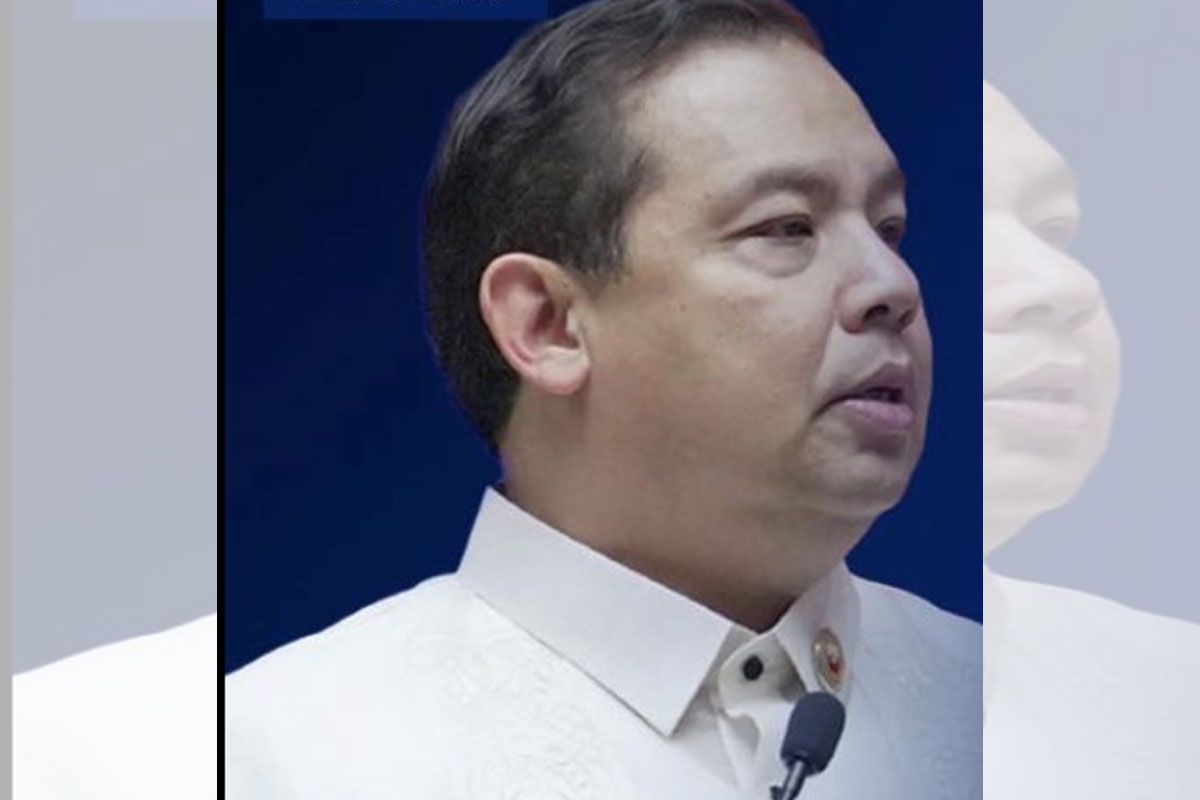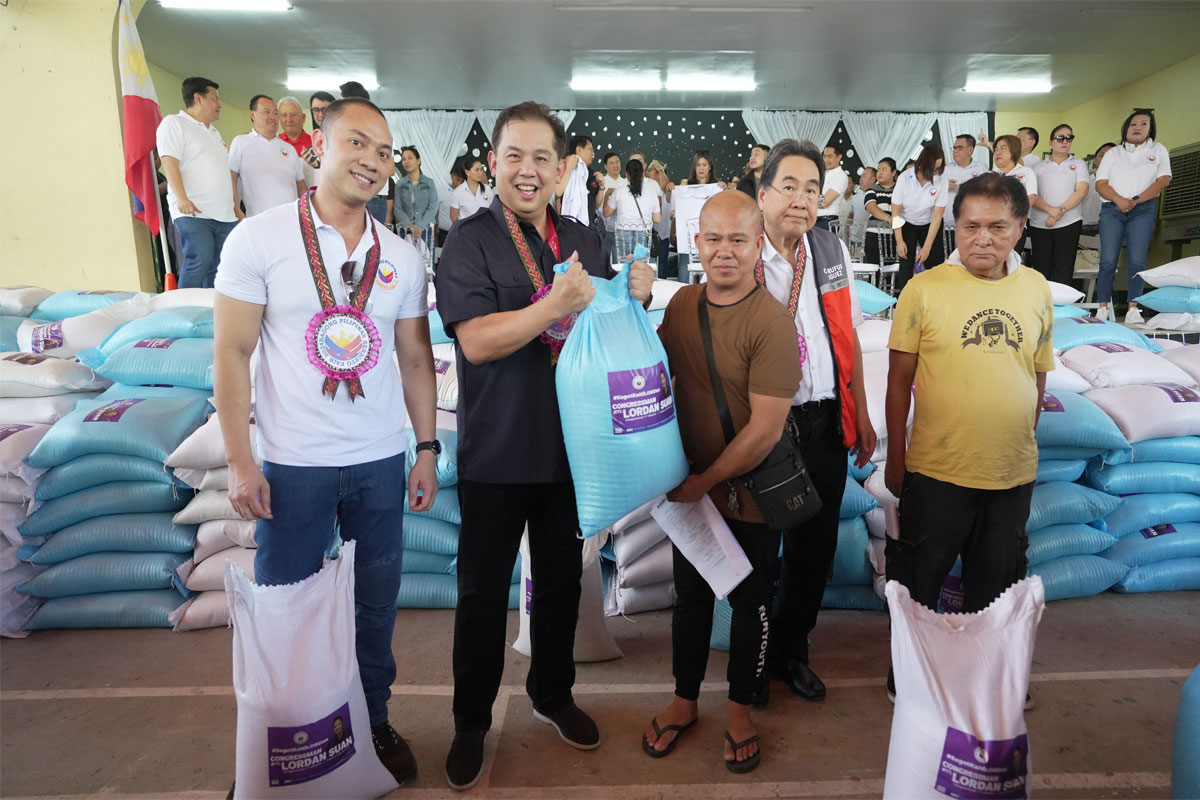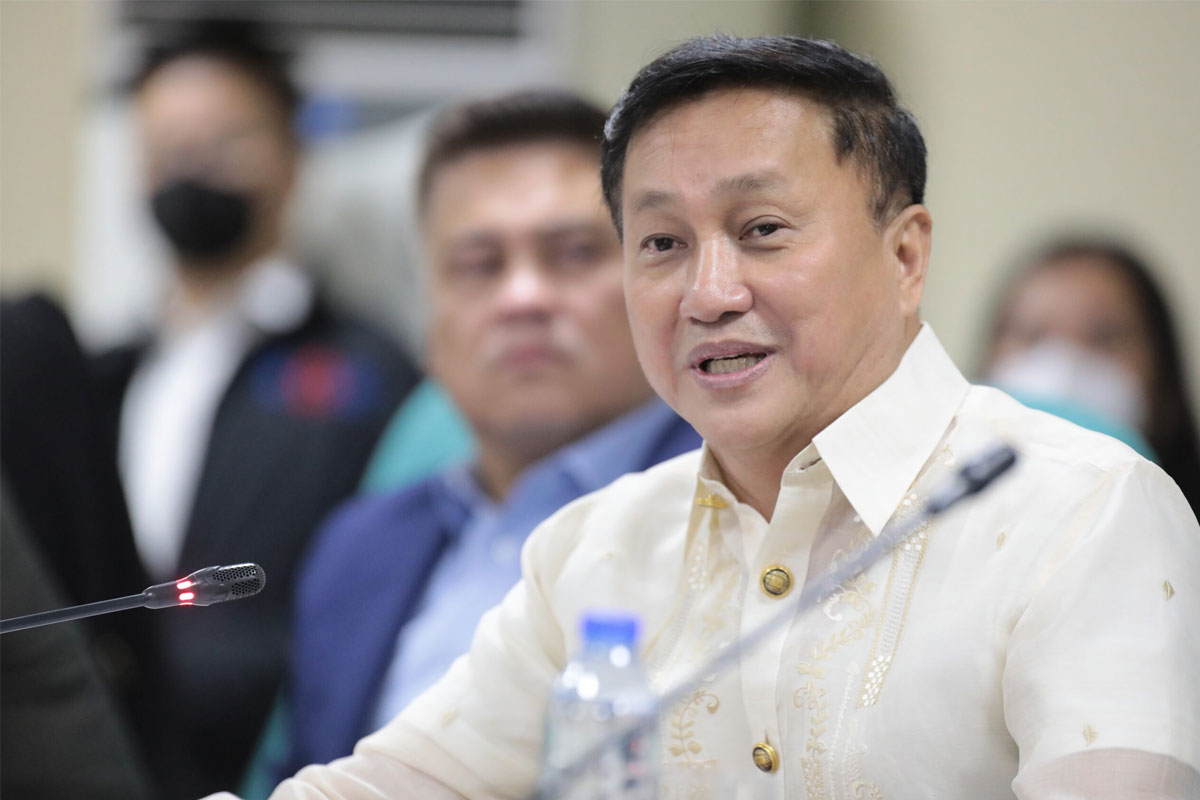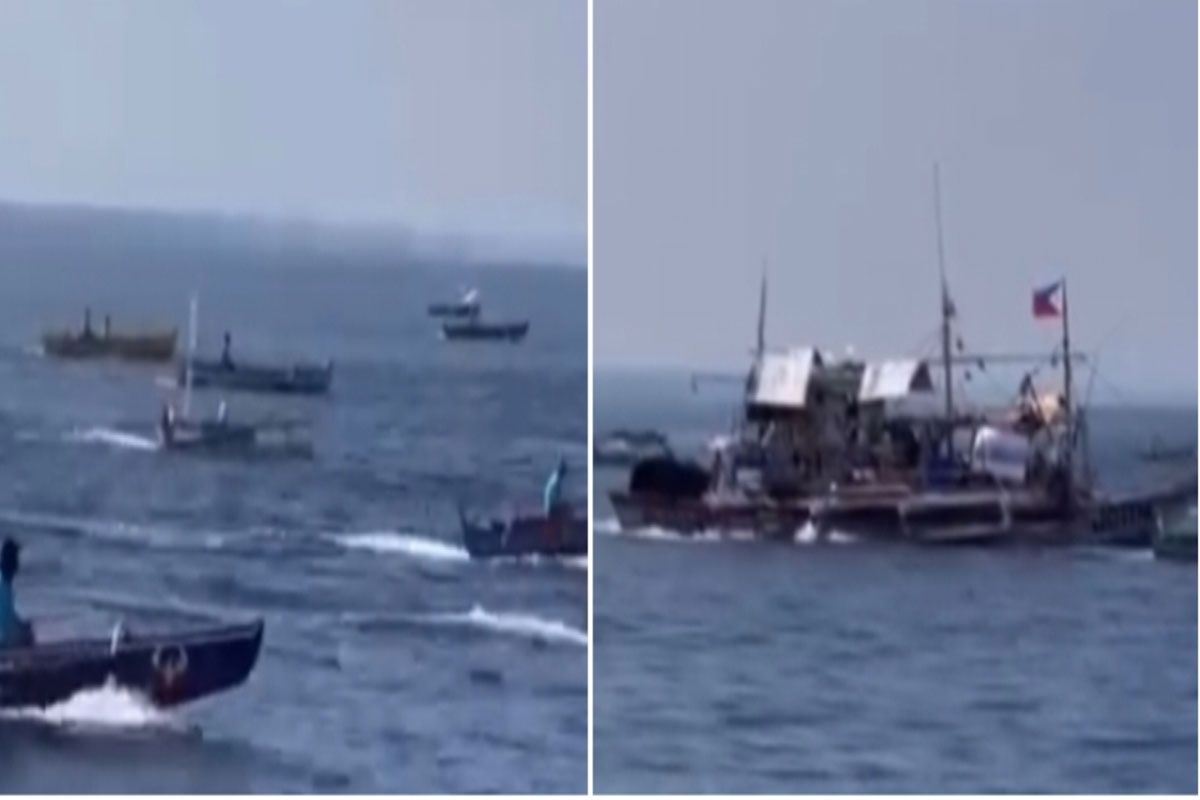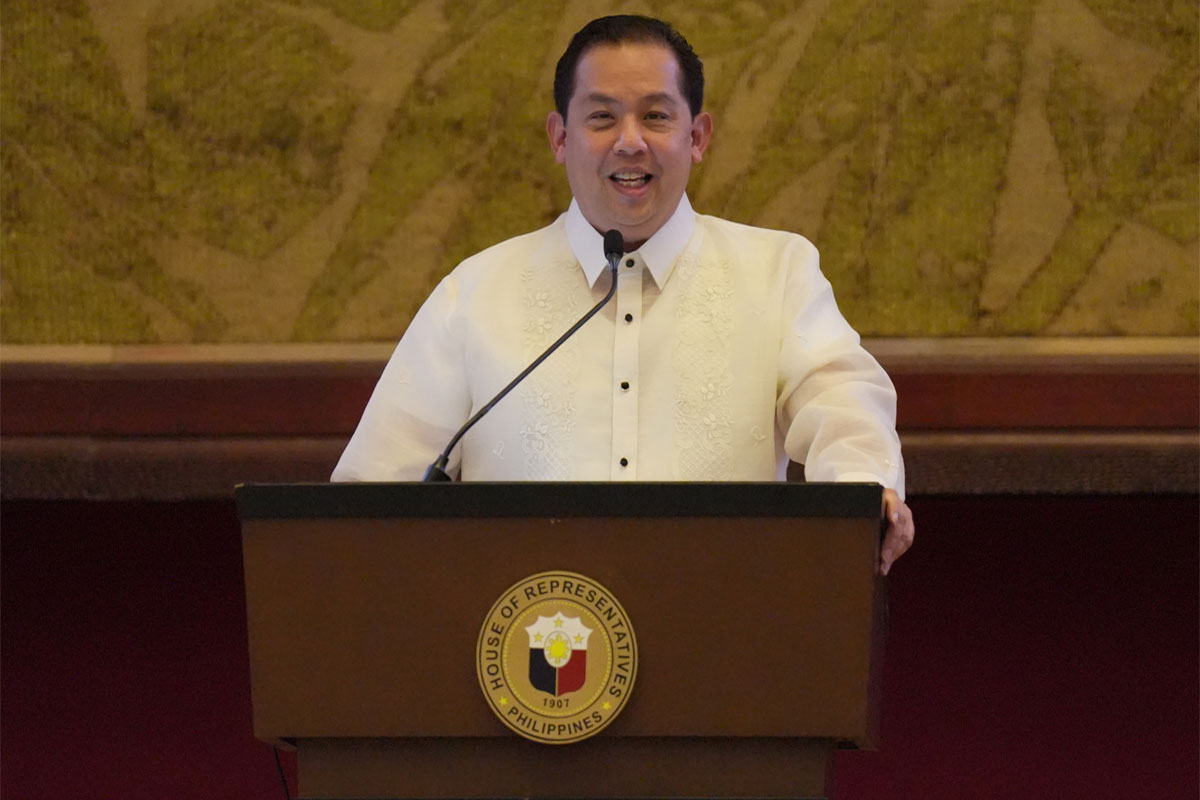
Senators tackle perennial flooding problem
Sen. Ramon Bong Revilla Jr., presiding over Wednesday’s public hearing of the Committee on Public Works, August 9, 2023, said the current perennial flooding in the country is no longer just a crisis but a public emergency where people’s lives and safety hang in the balance for every second of delay in response and action.
Describing the flooding problem as a “vicious cycle” that continues to batter Filipinos for several decades now, Revilla said accountability has to be exacted for the people’s sufferings that stem from the negligence, imprudence and fault of those who are tasked to eradicate the problem.
“Despite huge investments in flood control for many years, the problem still persists, and is actually getting much worse,” Revilla said.
“We have entered an era where the ‘politics of flood’ is the very crux of the matter. Today, we will not only be seeking accountability, we will be enjoining one another to have a strong political will to unite our efforts towards a harmonious strategy in addressing the problem through a whole-of-government approach,” he added.
For his part, at the same hearing, Senate Majority Leader Joel Villanueva called on officials of the Department of Public Works and Highways (DPWH) to explain the agency’s flood control programs on several measures concerning flood protection and alleviation.
Villanueva said DPWH’s flood control projects totalled to P188 billion this year.
The figure, he said, translated to P703 million budget per day.
“Do they use this? Where does the budget go? Ask anybody from Bulacan if they benefit from the flood control program of the government,” Villanueva, who hails from Bulacan, said.
Villanueva further said that several areas in his province are submerged in waist-deep floodwater during rains.
He called for a review into into the effectiveness of these flood programs, and to identify the gaps in policies and protocols and most importantly to find solutions to all of these problems.
Sen. Francis Tolentino stressed that flooding is a problem which is national in scope, not only in Metro Manila and nearby provinces, recalling that Cotabato City was flooded months ago, as well as Western Samar, Eastern Samar and Northern Samar.
In the same hearing on the perennial flooding in the country, Tolentino said several agencies should be involved to address the issue.
“This problem would involve a holistic approach that would not just pinpoint a blame on one particular agency. We hope to carve out solutions… I hope we can craft legislation that would really provide a long-lasting solution, whether it is a levee, whether it is more flood control mechanisms, whether it is providing dams, whether it is adopting the Dutch principle of living with nature, and other measures,” Tolentino said.
Sen. Robinhood Padilla echoed the concern of his colleagues on persistent flooding problems in many parts of the country, which may have been aggravated by reclamation projects or the process of creating new land from oceans, seas, riverbeds or lake beds.
Padilla expressed his support for the proper implementation of reclamation projects as they are “signs of a country’s progress”.
But he also expressed sympathy for his constituents, including farmers, that are regular victims of heavy flooding.
“Flooding is not only an issue in Bulacan. It is also an issue in Pampanga, Nueva Ecija and Cavite, among others. If these areas are flooded, farmers are also affected. If farmers are overwhelmed, we will have to lean on [food] importation left and right and we will never solve this country’s problems,” Padilla said in Filipino.
Saying that floods are preventable and avoidable, Sen. Raffy T. Tulfo underscored the importance of immediately solving the problem of floods in the country, particularly in Metro Manila and nearby provinces such as Bulacan, Pampanga, and Cavite.
Tulfo said the problem of flooding is not totally inevitable.
Tulfo said: “We should improve the administration of our dams. We must equip them with modern equipment and systems; we should consider the construction of ‘Smart Tunnels’ or underground drainage system that can accommodate floodwaters and rainwaters in the Metro Manila and nearby provinces; and we must establish a rainwater collection and management system.”
According to Tulfo, the Philippines has experienced the deadliest typhoons and the worst floods brought by Ondoy in 2009, Yolanda in 2013, and Odette in 2021 that caused many lives and billions of pesos lost in terms of livelihood, particularly in the sector of agriculture.
Sen. Cynthia A. Villar expressed her concern about the contribution of reclamation projects in the perennial flooding problem.
Villar said she spent 12 years building the 40km road along the Las Pinas and Bacoor River and cleaning the area on a daily basis to prevent flooding in her home city of Las Pinas.
She said reclamation projects threaten to close the river’s flow to Manila Bay, prompting her to ask the Department of Public Works and Highways whether her efforts to clean up the river would be futile because of these projects.
“I just want to ask that question because I am so lonely spending 12 years cleaning my river, only for reclamation projects to close it. Will this not cause flooding?” Villar said in a mix of English and Filipino.
While lamenting that only few people are anti-reclamation, Villar said the public has to be clarified because even in the agency’s press releases, reclamation projects were not identified as a cause of flooding.
Sen. Joseph Victor “JV” Ejercito called for the development of a long-term flood control master plan which can detail a comprehensive flood-control blueprint that will be adopted by future administrations to ensure its effective and consistent execution.
Ejercito pointed out that due to the current political system, most programs tend to prioritize the short- to medium-term.
“I really want for us to have a masterplan that the coming administrations could follow because this involves projects that could take 20, 30 and even 50 years to implement,” Ejercito explained.






